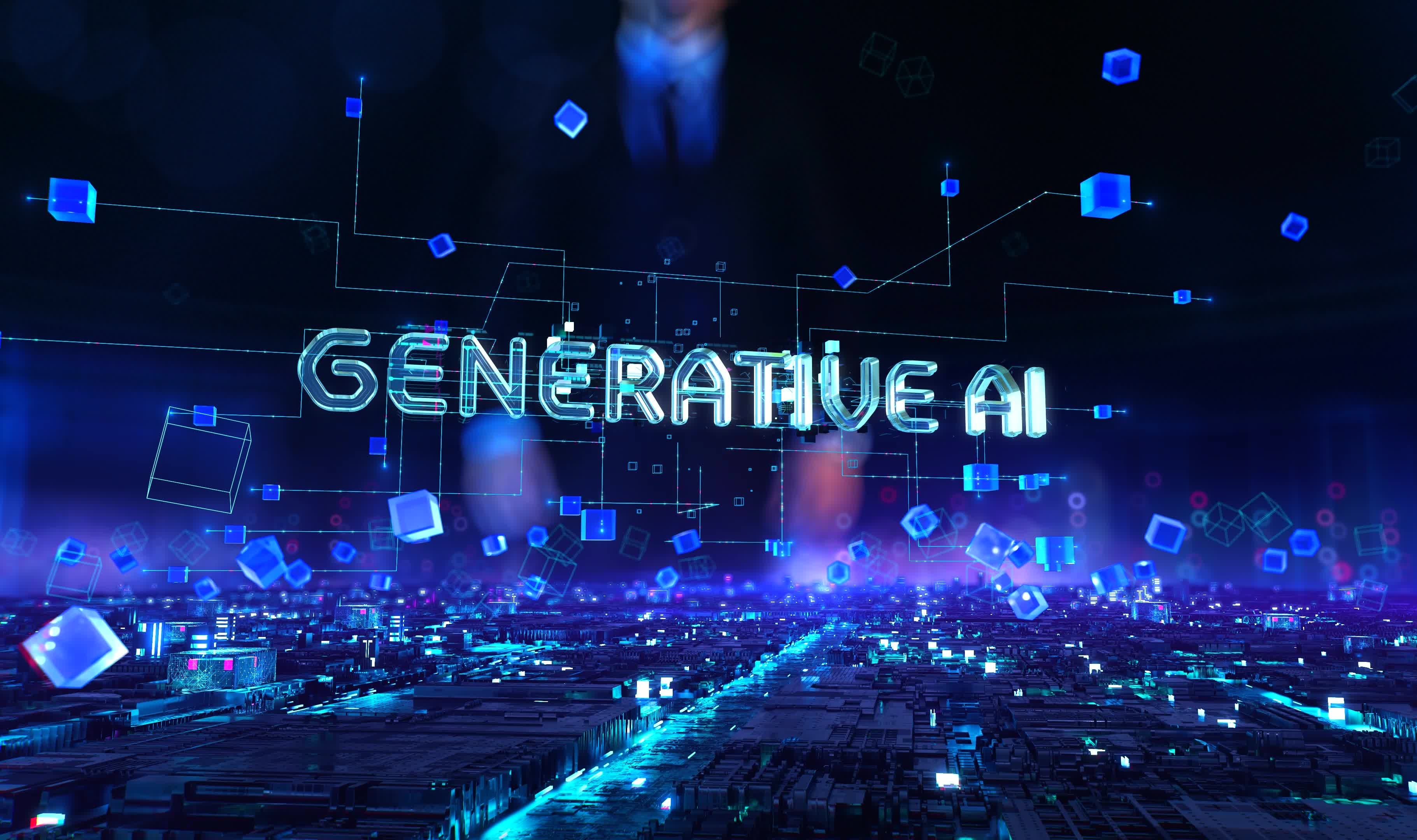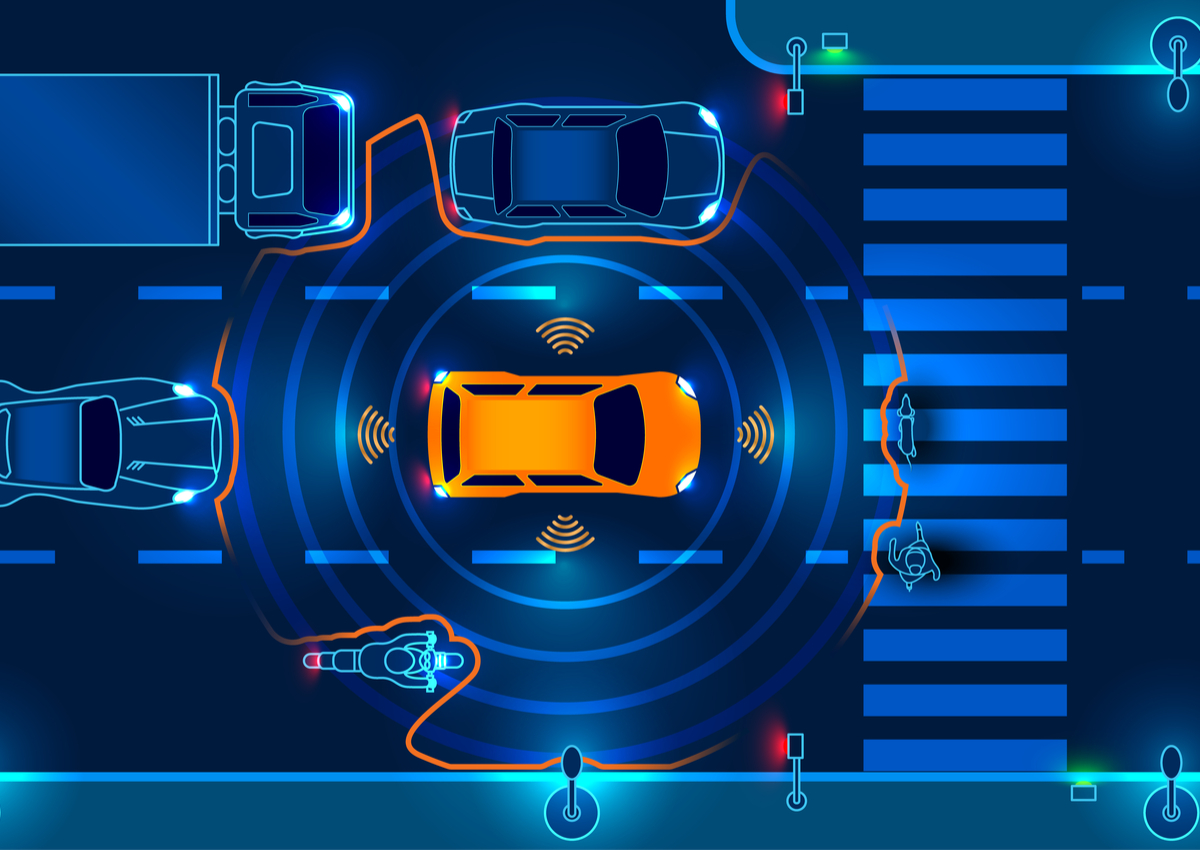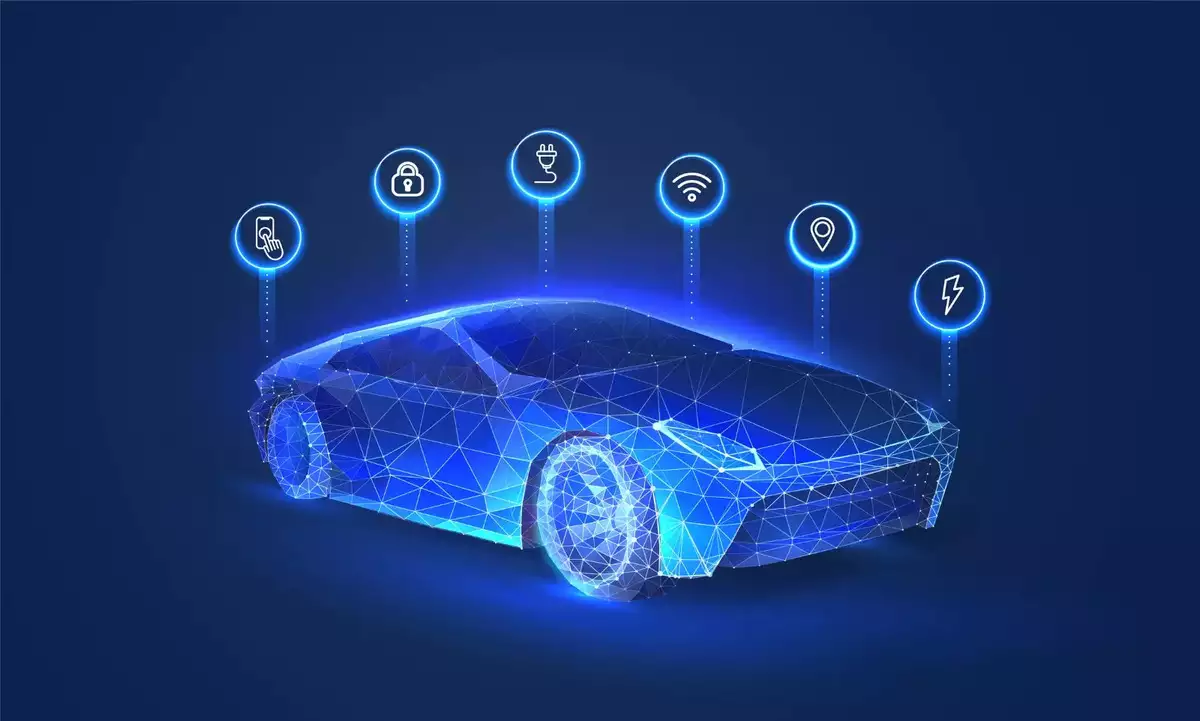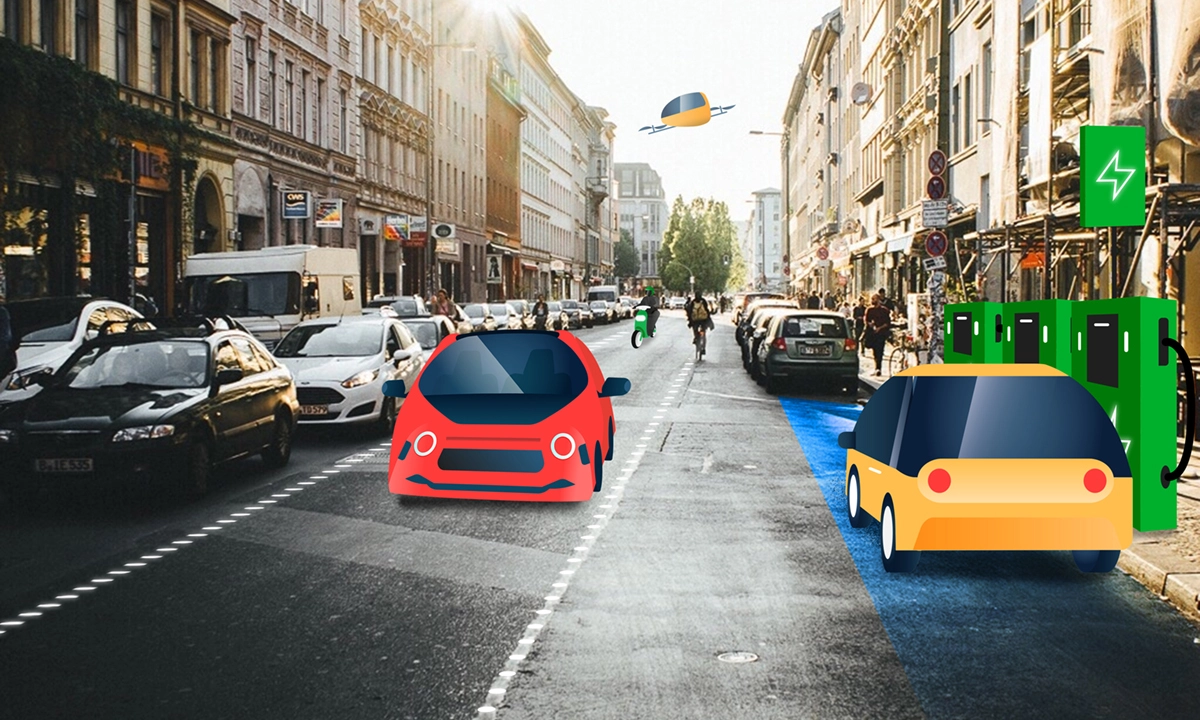
Table of Content
▼NEW DELHI: Generative artificial intelligence (Gen AI), introduced by Open AI in late 2022, has captured digital consumers and chief experience officers (CXOs) and attracted widespread attention. CB Insights 2023 State of AI report reveals that Generation AI dominated 2023, attracting 48% of all AI investments and startups raising USD 42.5 billion across 2,500 capital rounds. This investment boom represents a new era in AI, as companies rush to adopt new-generation AI to drive innovation and improve operational efficiency.
Gen AI's capabilities in image design, content creation, summarization, and conversational agents have led to its adoption in many industries, including retail and advertising. Companies like Adobe have introduced their Gen AI tools as a complement to their existing design software, while others have integrated enterprise AI solutions to boost internal productivity. Despite this, the manufacturing sector, especially engineering and product development (ER&D), has seen a more cautious approach towards adopting new-generation AI, limited primarily to proof of concept in customer service and training.

However, generation AI could be the next EV moment for the automotive R&D industry because it can help companies completely reimagine the product development and realization process and significantly reduce product development time and cost to revolutionize the market. Let's explore the possibilities in three key areas: technology, data, and people.
Technology:
Driving Innovation Large Language Models (LLM) collect and create large-scale data sets, including product guides and existing knowledge that are appropriately indexed. However, the product development process is fragmented into phases and distributed across teams, and different software is often used at different phases. A Gen AI application, whether based on an open source LLM or a custom Small Language Model (SLM), which indexes interior design data, can transform the process of automotive design, testing, development, and realization.
It will allow the creation of innovative designs and engineering solutions through simple commands, taking advantage of existing databases. This approach can produce multiple design variants and engineering designs at unprecedented speeds, improving efficiency and innovation in automotive design like never before.
Imagine OEMs using Gen AI to analyze design data, performance metrics, and consumer insights, and quickly produce unique design drawings. This method develops new concepts and design visions for engineers that align with market trends and exceed customer expectations, all at lower costs and faster speeds. With Gen AI, tests can leverage historical data to validate test results and generate synthetic data to get results quickly. Predictive and remedial maintenance, powered by digital twins and AI generation, could become the new norm, as AI generation creates digital twins that predict failures and offer solutions. Additionally, AI-powered vehicles can improve the customer experience by having intelligent conversations with drivers, assisting with trip plans and service visits, and helping technicians solve problems easily.
Data:
Gen AI turns historical data into assets, creating design solutions that meet performance, safety, and consumer expectations. Automotive OEMs must invest in data maturity to build an ecosystem that supports this transformation and creates reliable, indexable consumer data. For AI generation to succeed, it must learn from high-quality, well-curated data sets, requiring companies to invest in data collection, curation, and sanitation. Integrating AI with computer-aided design (CAD) and product lifecycle management (PLM) systems requires technical innovation to achieve seamless interoperability, while regulatory changes, including AI adoption training and strict data ethics, are essential to maintaining trust.
People:
The AI talent shortage is a challenge, but Generation AI aims to democratize innovation, freeing creative minds from routine tasks and redirecting their attention toward innovation. Gen AI enables non-programmers to develop applications with simple interactions, unleashing productivity, efficiency, and cost. As the automotive industry adopts next-generation AI for electric vehicle development, challenges such as preparing for data maturity emerge.
Automotive OEMs that effectively use Gen AI can dramatically shorten product development timelines, reduce costs, and outperform competitors. This new frontier provides traditional OEMs with an unexpected advantage, allowing them to use their vast reserves of data to power SLMs and take full advantage of Gen AI's capabilities. The future belongs to those who embrace the AI generation. The opportunity to redefine market leadership awaits you.
Also Read: Are EVs environment friendly: The problem of lithium & nickel extraction, battery recycling
Aakash Mehra
Automotive Journalist & Car Reviewer. Aakash Mehra is a seasoned automotive journalist with over 9 years of experience in car journalism and consumer-focused reviews. Having test-driven more than 550+ vehicles, he delivers detailed comparisons, expert insights, and unbiased advice to help readers confidently choose the right car.



_1771411501.webp)

_1770886465.webp)
_1770807147.webp)

